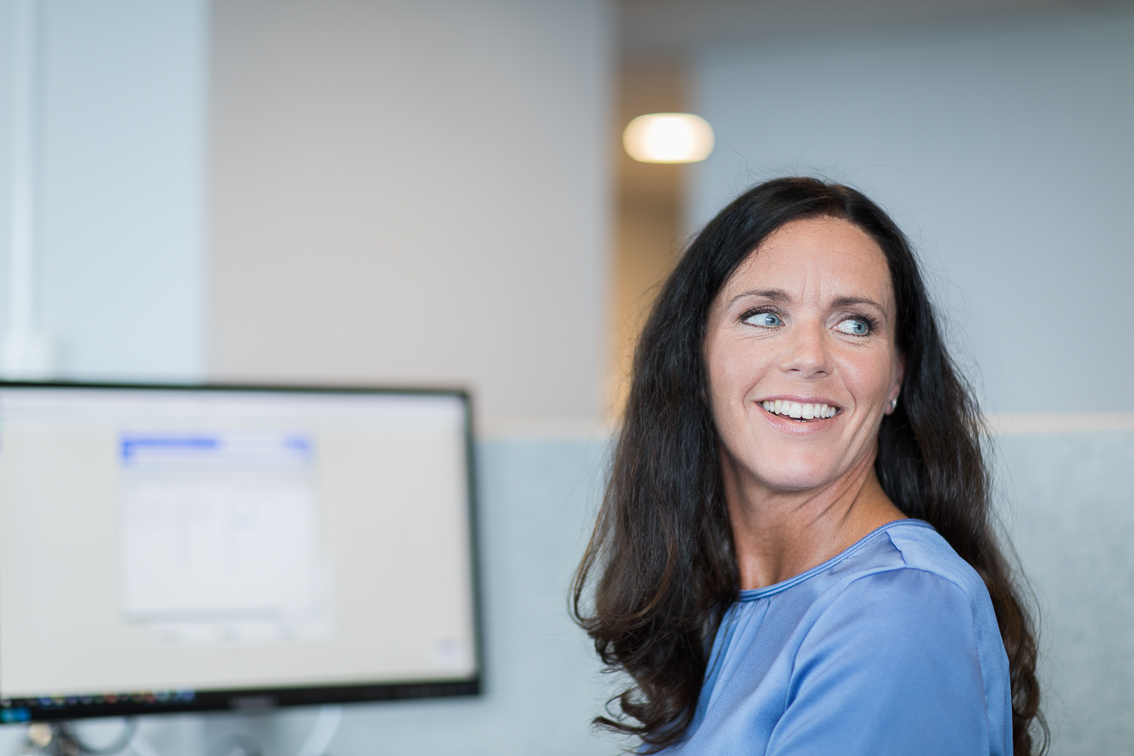I spent yesterday evening with the Swedish corporate elite, but Ericsson and Volvo were not there. This was the PAR price award ceremony for Sweden’s 318 most profitable growing companies in the four past years.
First I talked to the Brottby ICA neighborhood store. They compete with giant supermarkets less than six miles away with far lower prices. These giant stores are no super companies, but the ICA neighborhood store I talked to is. People really enjoy working in this store, and that is contagious. Their customers often visit every day even if they really do not need to buy anything.
Next, I talked to BM Agri, which is Mats Ericsson and his wife Britt-Marie. They work from their house in the small village of Alingsås, trading fertilizer on the Chicago futures exchange. Last year BM Agri had a turnaround of € 25 million and a handsome profit of more than € one million.
This is where the Swedish growth is found. In the last seven years, 1500 companies have reached the title ”Super company”. This half percent of the Swedish companies has generated more than one in four new jobs in this time.
So, what makes these companies “Super”? Per Weidenman, the superb analyst behind the classification system, says these companies never have difficulty explaining their business idea in five seconds.
Above all, these companies are functioning systems. Their strategy, personnel policy, and ways of communicating with customers are aligned in a way that sounds perfectly obvious. The feeling is that this really could not be done any other way. Yet, they are not the same. Far from it. They remind me of Peter Senge, author of “the Fifth Discipline” and systems thinking. One cannot take the personnel policies of one company and apply them to the other. That would be about as successful as an elephant’s trunk on a giraffe.
